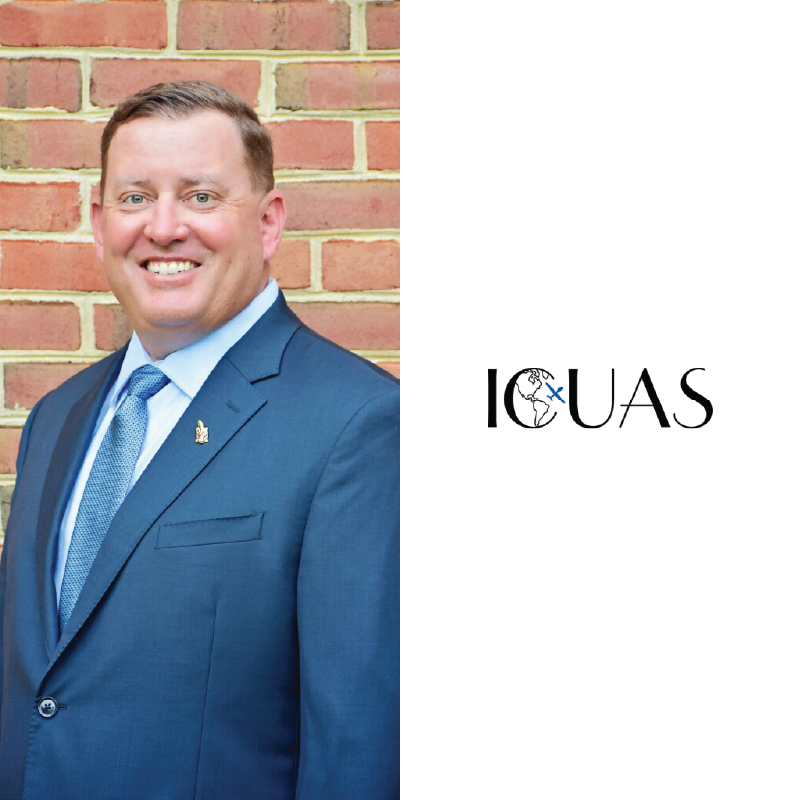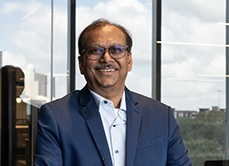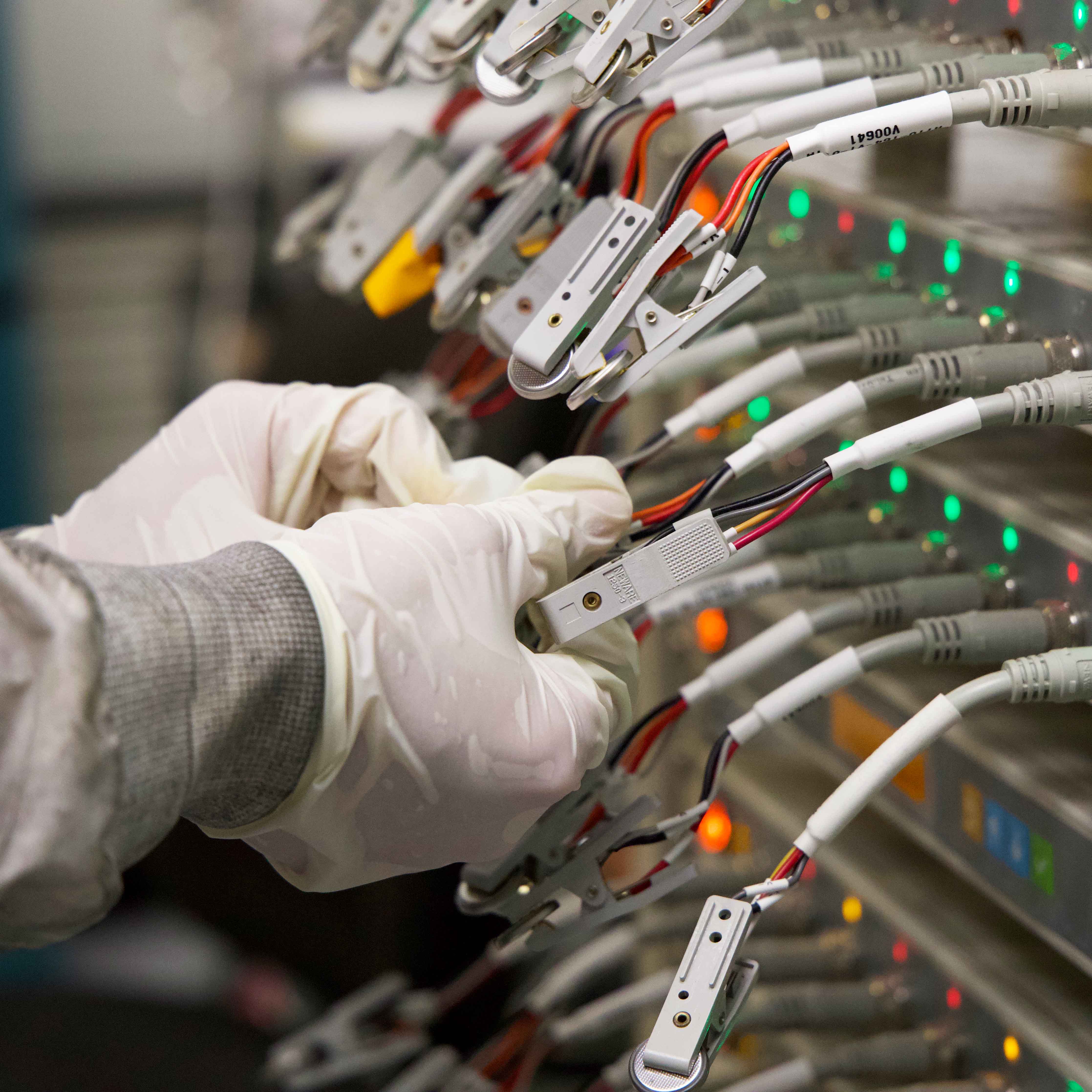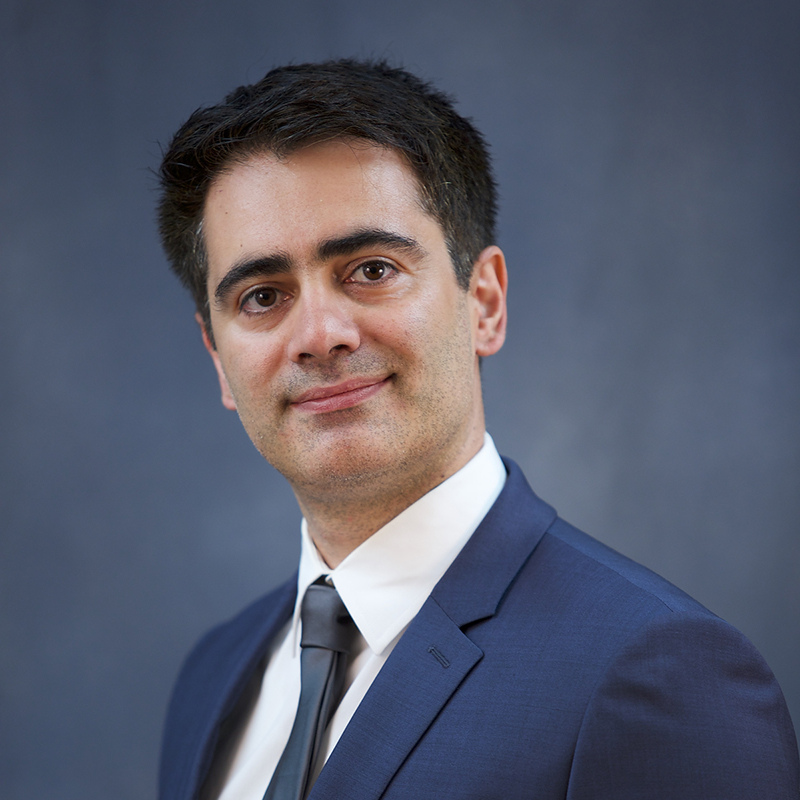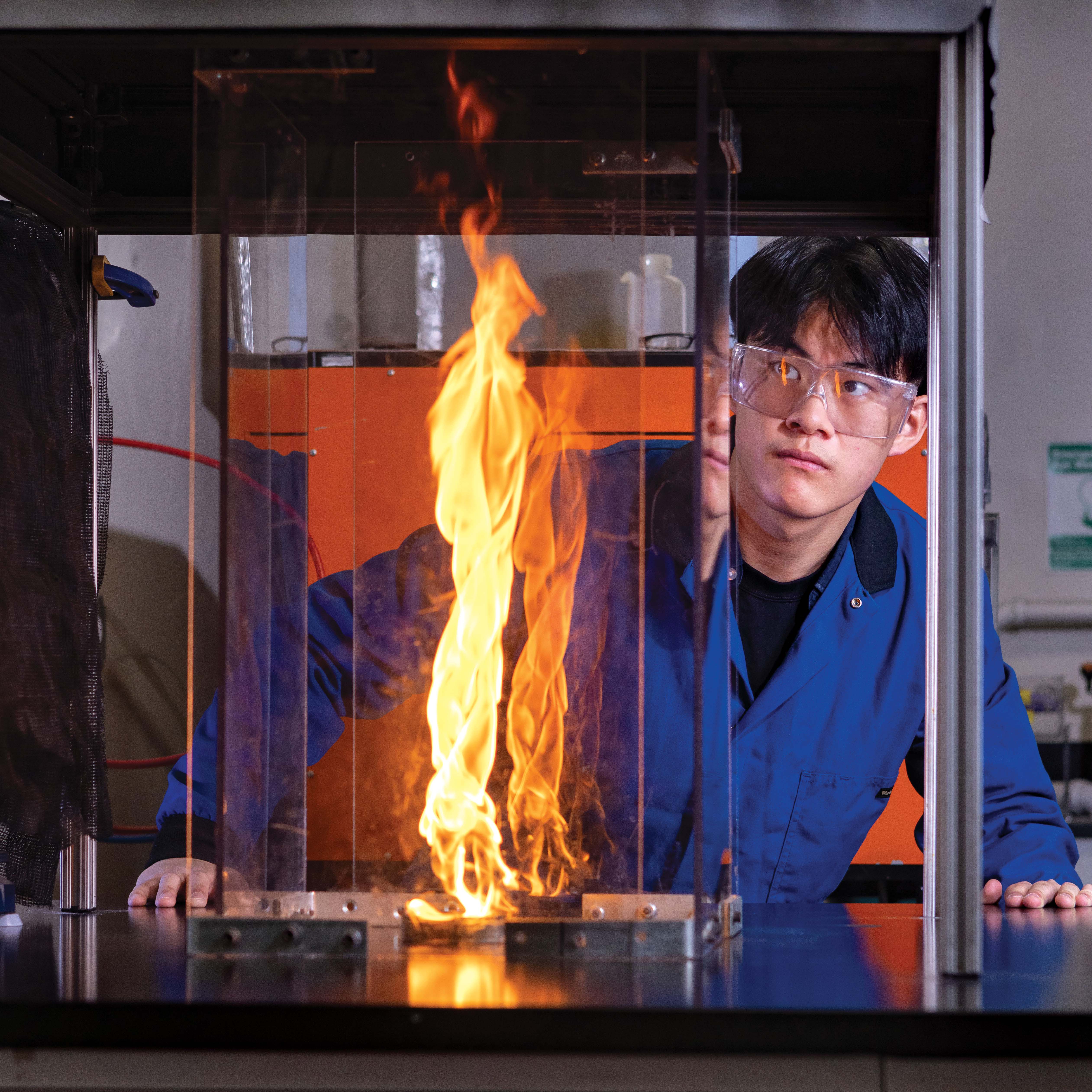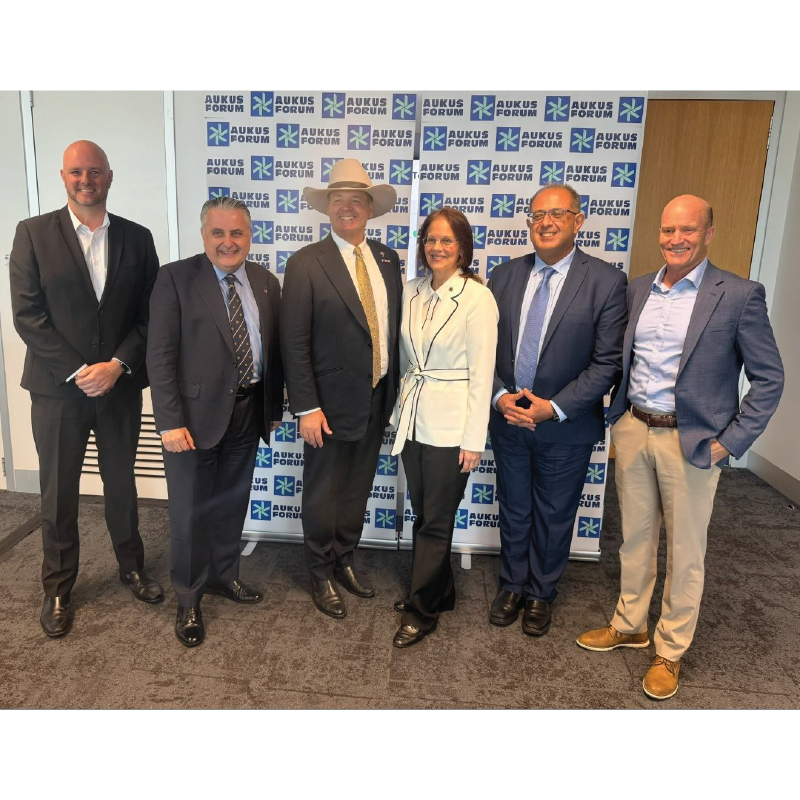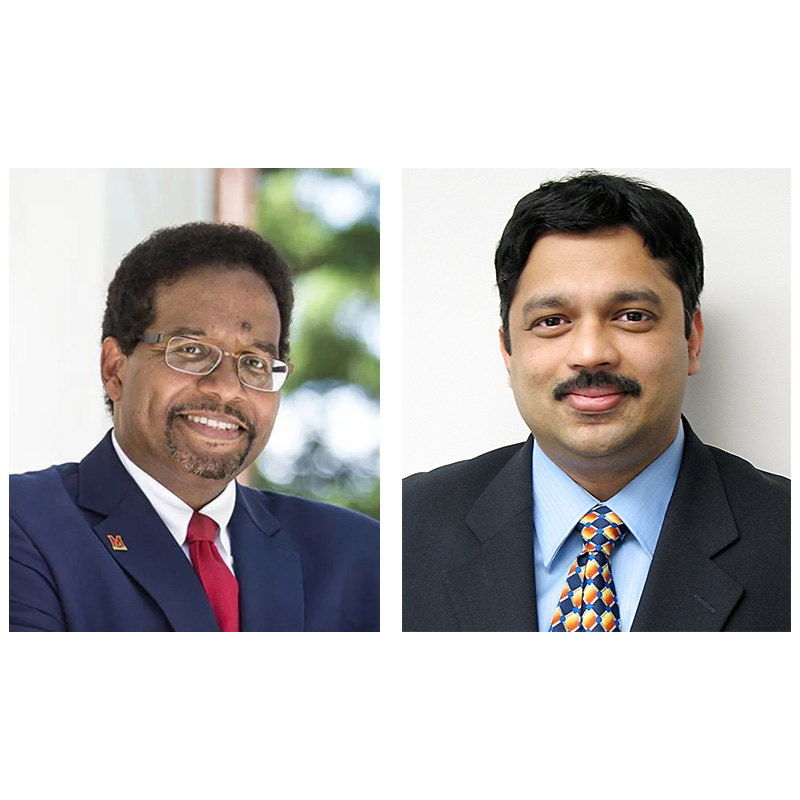What to Know Before You Go: Engineering Study Abroad
September 18, 2025
What do Terps wish they’d known before hopping on that departing flight?
We asked students, alums, and staff from the Clark School’s Office of Global Engineering Leadership about engineering study abroad and what students say they wish they’d known—before taking the leap.
Proud Terp Katherine Schwarzentraub M.A. ’22 (international education policy)—program manager for the Clark School’s global experiences—has fond memories and lifelong friends from her own undergraduate study abroad in London and Vienna. One of her favorite takeaways? Realizing the benefits of learning outside the traditional classroom (for instance, in a museum or sculpture garden). Today, her office is filled with art from around the world to inspire her students’ journeys.
In her position, Schwarzentraub loves helping Clark School students incorporate global learning opportunities into their Maryland experience. The study abroad options are many and varied—from short-term to long-term opportunities, and from faculty-led to partner university programs that span majors, concentrations, interests, and destinations around the globe.
Through these programs, students gain much more than credits toward graduation, Schwarzentraub notes. “In addition to deepening their engineering knowledge and skills, study abroad also allows students to see engineering from another perspective. Study abroad helps students develop self-confidence, leadership capabilities, and capacities to work well with diverse teams—instrumental to developing the engineering solutions our world needs,” she says.
What do students say? “We often hear from students that their study abroad experience was ‘life-changing’ and a ‘highlight’ of their time at UMD.”
To get the most from any program, it helps to be prepared. So here’s:
10 Crowd-Sourced Tips to Make the Most of Engineering Study Abroad
- Be prepared for different classroom styles, systems, and cultures—for instance, in the student-faculty relationship, in individual versus group work, and in grading.
- Don’t expect an easier workload; be ready to study while also prioritizing exploring your host country.
- Understand that study abroad is a very affordable investment. Global experiences have been shown to distinguish graduates among their peers, even leading to higher starting salaries—for great return on investment!
- Develop a rough itinerary ahead of your departure, of places you want to go and things you want to see.
- Research how social identity works in your host country, including how they view community, belonging, and acceptance.
- Get the meteorology 411: search your destination’s hours of light, temperature (and wind chill) day and night, and typical rainfall (don’t forget your rain shoes).
- Map out your daily commute, so you know just how far your living quarters are from where you will be studying, meeting up with friends, and exploring sites.
- Learn a few language basics before you go—start with hello, goodbye, please, and thank you—to communicate cultural sensitivity and to get around easier.
- Save space in your luggage for souvenirs, but don’t forget that the best souvenirs are memories for a lifetime.
- Know you’re not on your own—the Office of Global Engineering Leadership has a resource for that!
Engineering Study Abroad Highlights
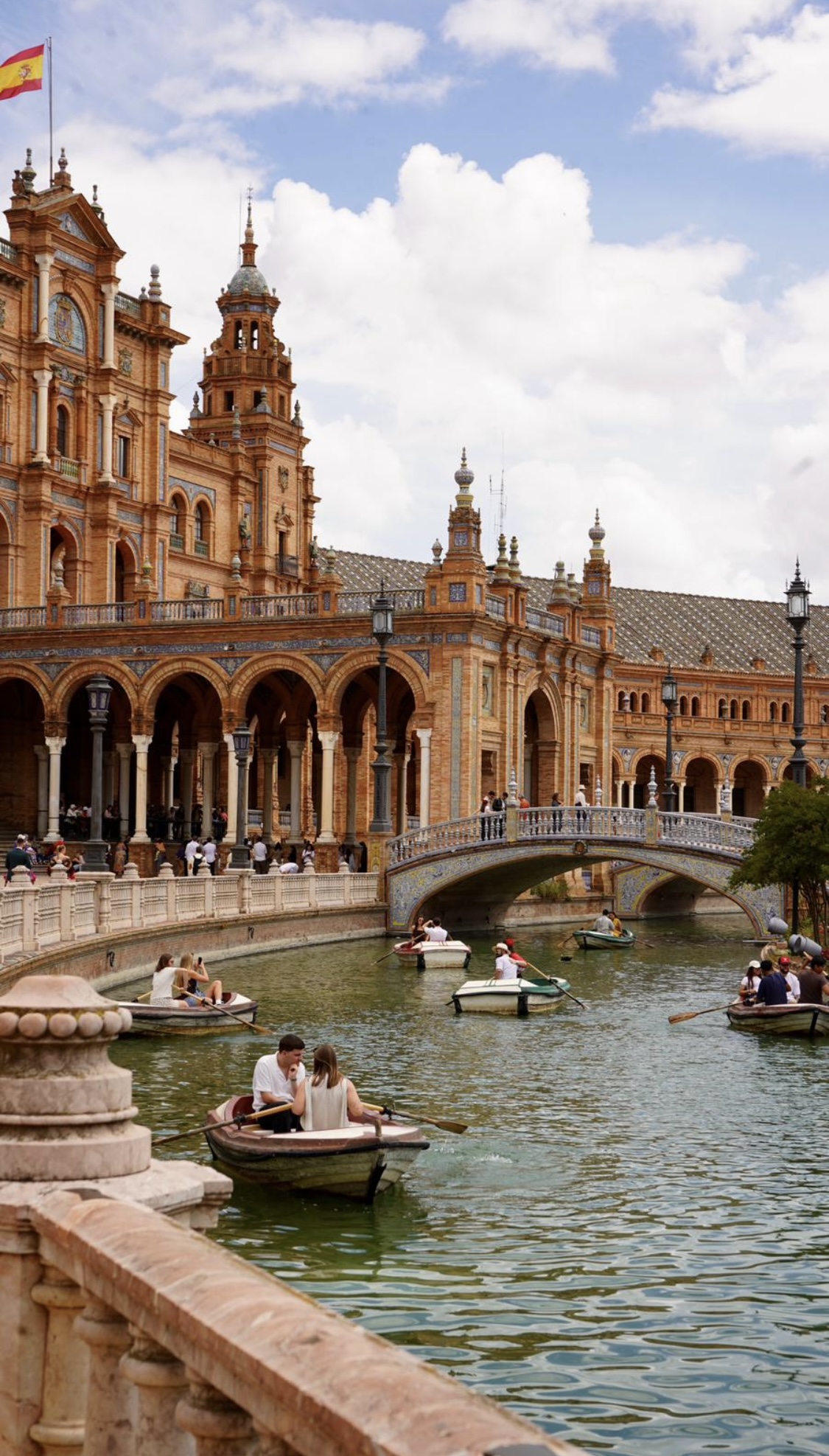 The Clark School’s flagship global experience, the Clark in Madrid Program offers engineering coursework in all engineering (along with business, computer science, and information studies) majors. It allows students to select courses from two partnering Spanish universities and participate in optional intensive culture and Spanish language courses, as well as excursions to Spanish sites and cities outside the capital.
The Clark School’s flagship global experience, the Clark in Madrid Program offers engineering coursework in all engineering (along with business, computer science, and information studies) majors. It allows students to select courses from two partnering Spanish universities and participate in optional intensive culture and Spanish language courses, as well as excursions to Spanish sites and cities outside the capital.
Among the newest programs is the short-term program, Summer in Taiwan: Global Perspectives in Chip Technology & Intercultural Leadership. Through one of two course options, students have the opportunity to develop their understanding of Taiwanese culture while exploring the island nation’s success in the semiconductor and chip industry—critical for technological innovation, economic growth, and national security. 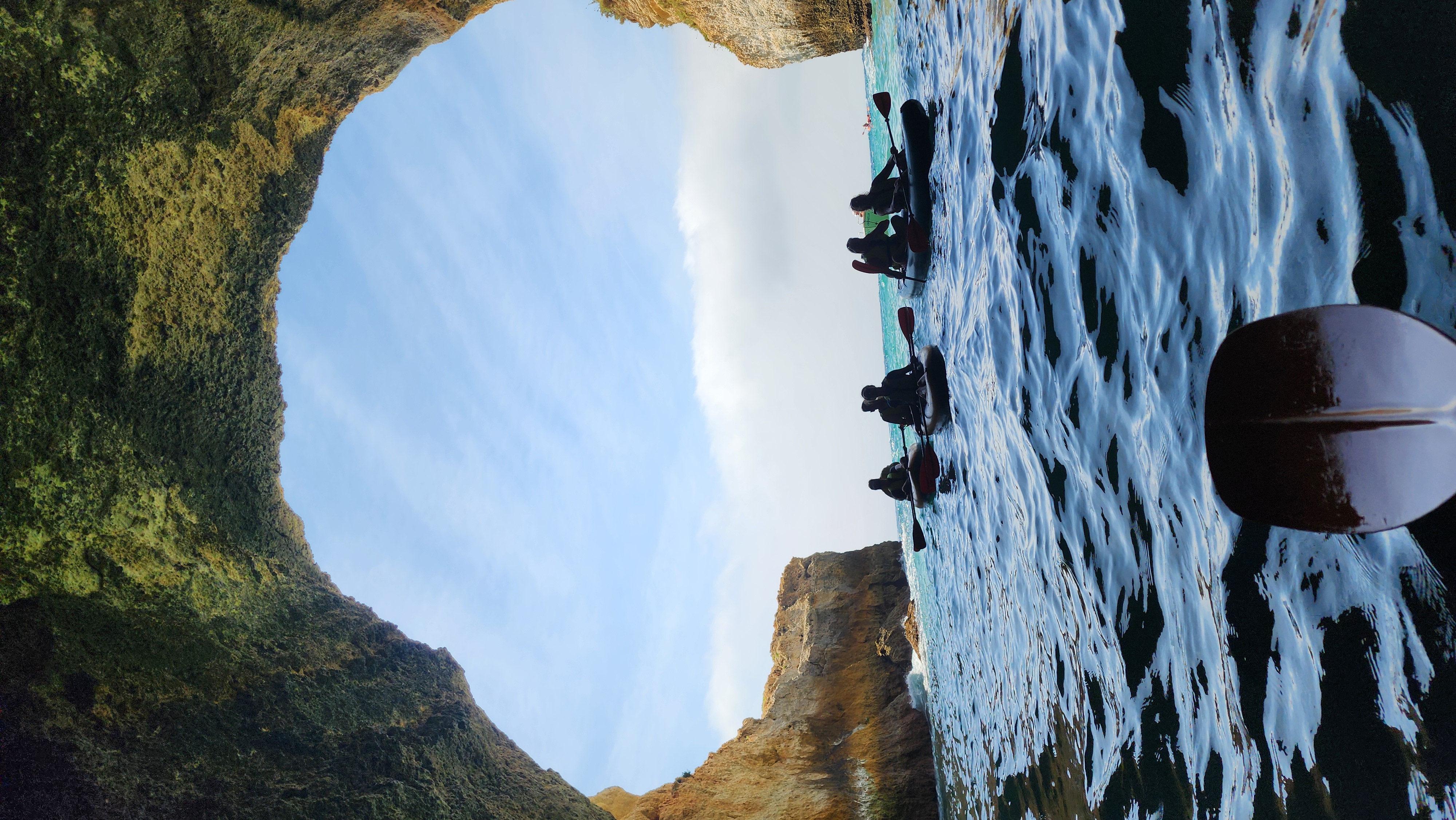
In partnership with Kevin Calabro and Catherine Hamel from the Keystone Program, Engineering Thermodynamics is being taught in Spring 2026 as an 11-week intensive on-campus course with a week abroad in Scotland over spring break. This unique experience will allow students to explore the technical concepts and theories learned in the classroom through real-world examples during site visits, such as the Whitelee Wind Farm, the Clydebank Titan Crane, the Falkirk Wheel, the Forth Bridge, and the Bo’ness & Kinneil Railway.
Conceived of and taught by Professor Birthe V. Kjellerup, the Green Global Challenge course is a short-term program that combines a three-credit semester-long course experience with a study abroad component. Students travel to Copenhagen for the Grøn Dyst (Green Challenge) competition through a partnership between the Department of Civil and Environmental Engineering and the Office of Global Engineering Leadership. A unique, affordable, and rigorous study abroad experience, UMD’s team won first place in the bachelor’s-level category in 2024.
Mark Your Calendar
September 30: primary application deadline for Winter, Spring Break, and Spring 2026 Engineering Study Abroad programs

